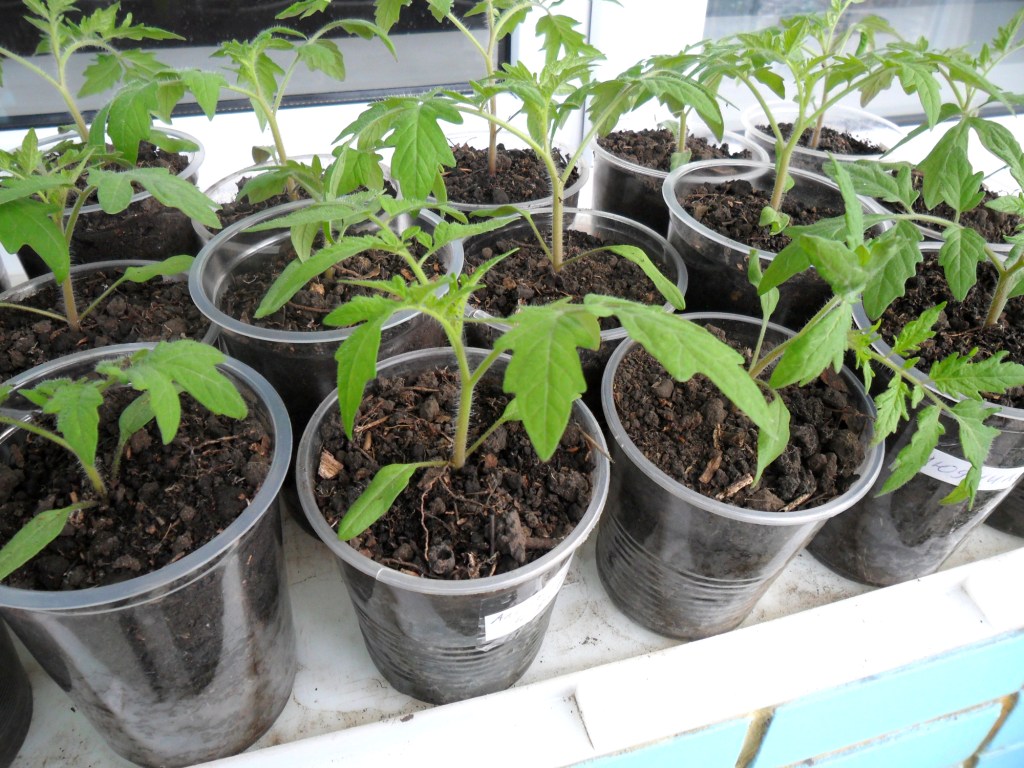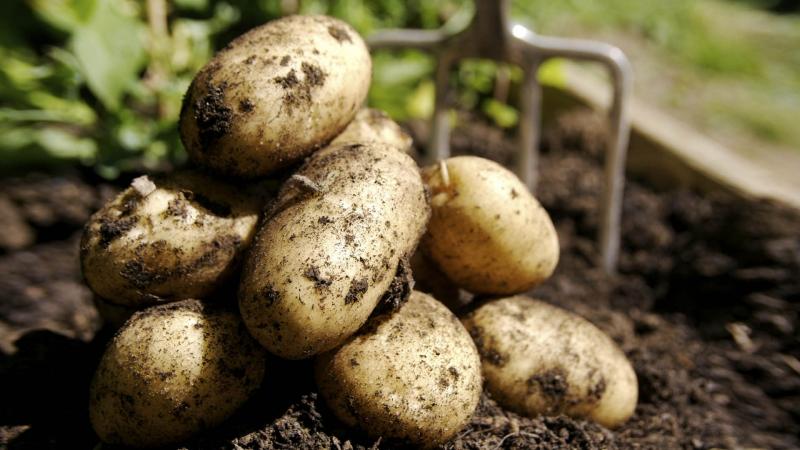Every summer resident knows that the secret to successfully growing vegetables and herbs is in high-quality planting material. But even seasoned gardeners often make mistakes when buying seeds. As a result, the planting material does not germinate and the crops have to be sown again. In order not to face such a nuisance, the following mistakes must be avoided.

Lack of attention to quality
You need to buy seeds only in specialized stores. Preference should be given to proven brands that have already proven themselves on the good side and value their own reputation.
On the market, under the guise of high-quality planting material, they may offer expired goods or misgrades. In addition, such seeds are not stored properly, which means they will not be able to germinate. It should be remembered that low-quality raw materials can cause the spread of weeds or diseases dangerous to plants.
Select by package
You should not focus on the brightness and packaging design when buying. Quite often, high-quality planting material is sold in inconspicuous white bags, which indicate only the manufacturer, name and variety of the crop, as well as information about its cultivation.
The packaging itself is also carefully examined. It should contain information about the manufacturer, batch number and expiration date.
Seed selection by picture
Choosing a variety according to the picture on the package, the summer resident is at great risk. Manufacturers often lure customers with colorful images and original crop names. However, this does not at all guarantee that the vegetable grown in the garden will fully match the image.
Only the text on the back provides real information about the culture. It should indicate the main characteristics of the plant: its height, the duration of the growing season, the timing of fruiting and the basic growing conditions. It also provides information on the number of grains in a pack (in grams or pieces).
Trying to get your own seeds from hybrid
Novice gardeners often make a common mistake. They once buy hybrid seeds marked F1, and then, in an effort to save money, they try to prepare planting material on their own.
This idea is initially doomed to fail. The seed collected from such crops does not retain the species characteristics of the parent plant. By themselves, hybrids have a lot of advantages (high yield, unpretentiousness and resistance to adverse environmental factors), but such planting material should be bought in the store every time.
Avoiding treated seeds
Another common mistake is the refusal of processed (pelleted) seeds. Some people think that the shell contains toxic substances that can be harmful to health. Others believe that the manufacturer in this way simply masks low-quality planting material.
In fact, the top layer is a mixture of harmless stimulants and fertilizers. They accelerate germination and increase yields. It should be remembered that such seeds are sown only dry, but in moist soil.
Purchase of seeds of outlandish varieties and plants
Access to international trading platforms conceals a huge temptation to buy seeds of exotic crops and grow them in the country to the envy of neighbors. But such an undertaking does not always end with success.
Exotic plants are adapted to the traditional climate of their country and may simply not grow in an unfamiliar environment. Therefore, preference should be given to zoned varieties that are maximally adapted to the climatic and soil conditions of a particular region.
Purchase of new seeds
In the new season, you always want to grow something new in your garden or flower bed. But you shouldn't get too carried away with it.
The total share of new products should not exceed 30% of the total number of crops. Untested varieties may not grow and the owner will be left without a crop.
Purchase "in reserve"
Seed producers pack the product in paper or foil bags. But the expiration date indicated on the package is relevant only if the package has not been opened.
But at home it is not always realistic to provide suitable storage conditions for planting material, and it can deteriorate even in closed packaging. Therefore, it makes no sense to make purchases for future use.
Spontaneous purchase of seeds
Going for seeds, you need to review last year's stocks and draw up a detailed list of varieties that should be purchased. This little trick will save you from spontaneous purchases.
Without a clear plan, there is a risk of spending a lot more money and buying unnecessary varieties that simply will not fit in the garden.
Unjustified savings
Cheap seeds in color bags with bright pictures are of poor quality in most cases. It is not worth purchasing them, because such savings will lead to a lack of seedlings and to the need to purchase planting material again.
It is better to immediately give preference to seeds of medium and high value, with well-glued packaging and clear inscriptions.


